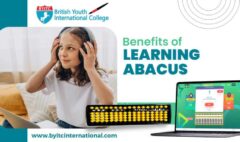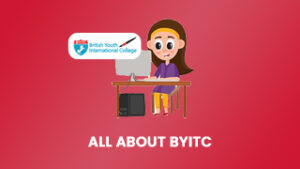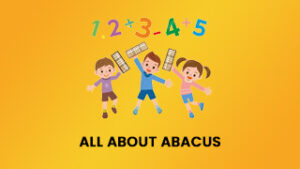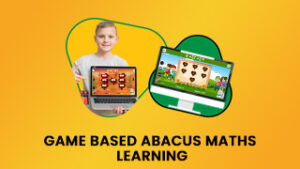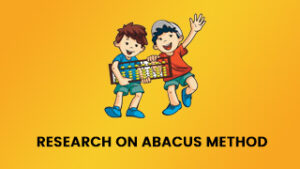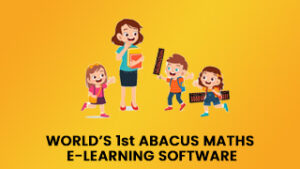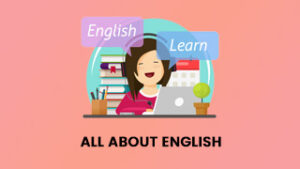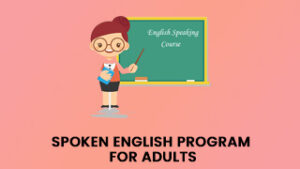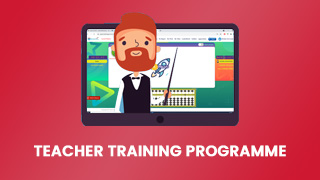It’s Time To Think Differently About Writing In The Classroom
August 10, 2020 2022-12-23 15:15It’s Time To Think Differently About Writing In The Classroom
Among the biggest changes of modern academic standards is the shift in the burden of general literacy. Rather than only ‘writing teachers,’ teaching reading and writing, now all teachers across all content areas are being asked to do so (something we’ve talked about before).
In the past, literacy—the ability to read, write, and understand—has been the domain of the English-Language Arts teachers (and elsewhere in the world, Literature and Composition teachers).
Limiting the craft of writing to a single content area has altered the landscape of students’ minds in ways that are only now being revealed as math teachers are told to teach Creative English writing. Students are now used to flinging rudimentary understandings on exit slips in broken sentence fragments, taking notes that neatly curate other people’s ideas, and otherwise ducking the responsibility to craft compelling arguments that synthesize multiple perspectives on a daily basis.
So we—English-Language Arts teachers—respond by handing them fill-in-the-blank graphic organizers that coax them to give reason 1 reason 2 and reason 3 in clear sentences that shun complexity or intellectual endurance, provided their ‘Creative English writing’ adheres to an expected form.
And handing those same graphic organizers out when other content area teachers ask for resources.
Now, generations later, the idea of writing about English, math or science seems not just challenging, but forced and awkward. Science and Math, properly taught, are more akin to philosophies and ways of making sense of the world than “content areas,” offering an infinite number of prompts to spur students to write.
This is the 21st-century, and 21st-century thinking is different.
While it is full of connectivity and collaboration and stunning possibility, the 21st-century learning era is one of infatuation with image, visual spectacle, flashing alerts, endlessly accessible whimsy, and cognitively stunted communication patterns.
And in capable response, writing could be the answer we’ve been looking for, right beneath our noses the whole time.
Related Articles
How To Be A Master Of English Conversation?

